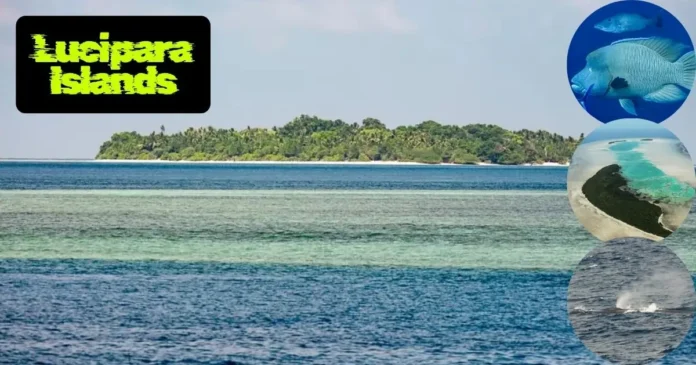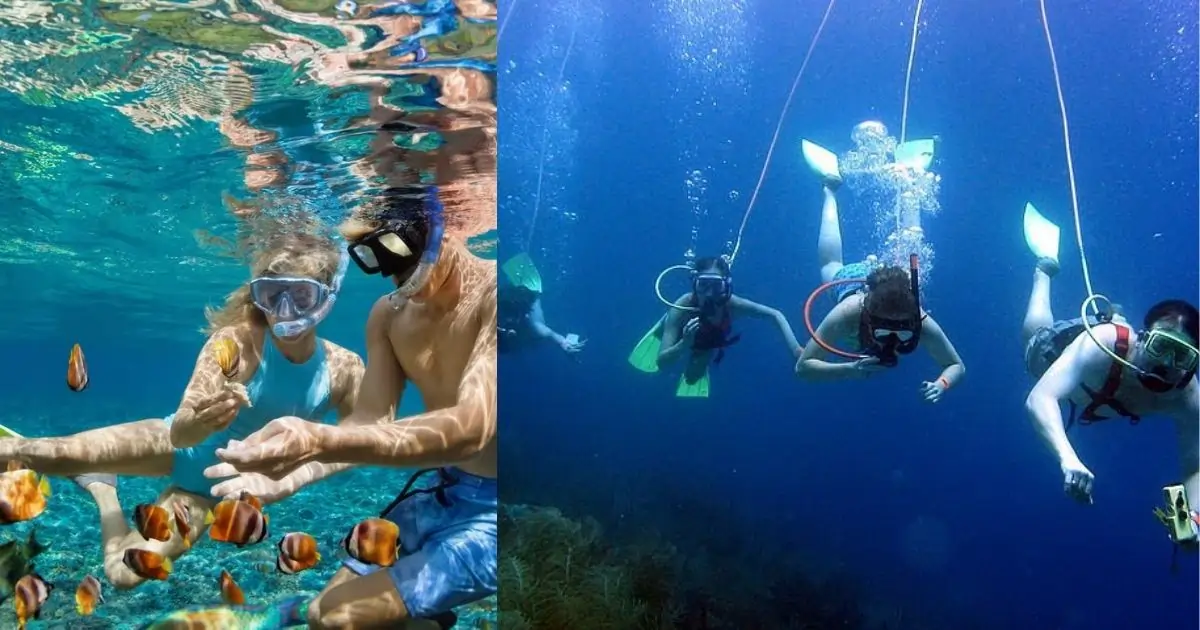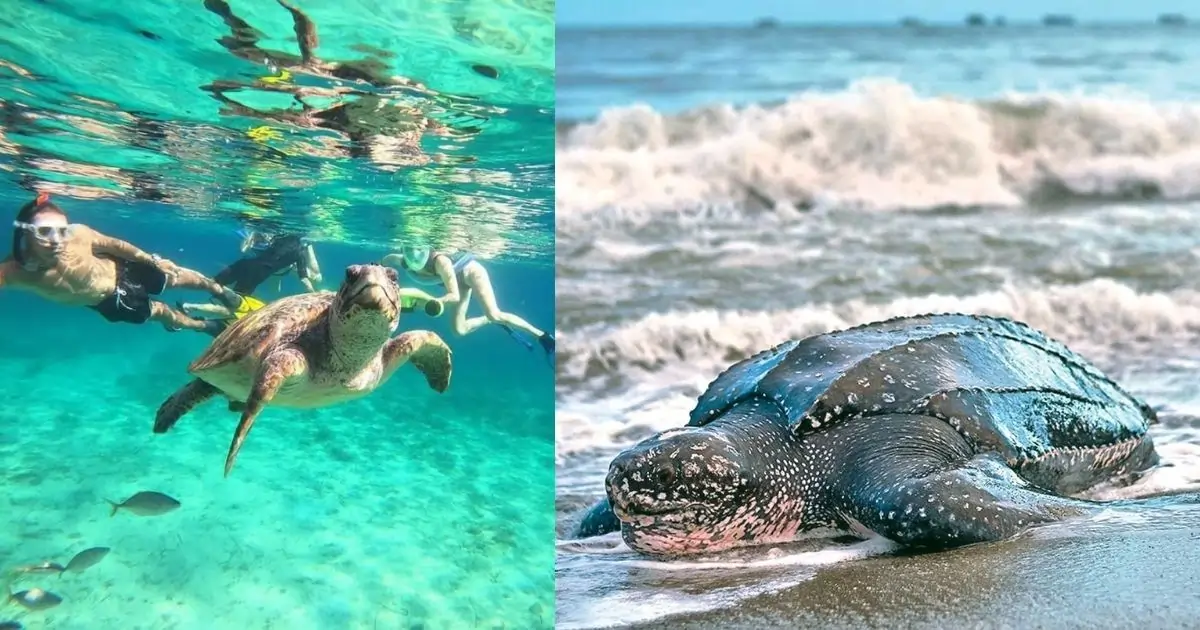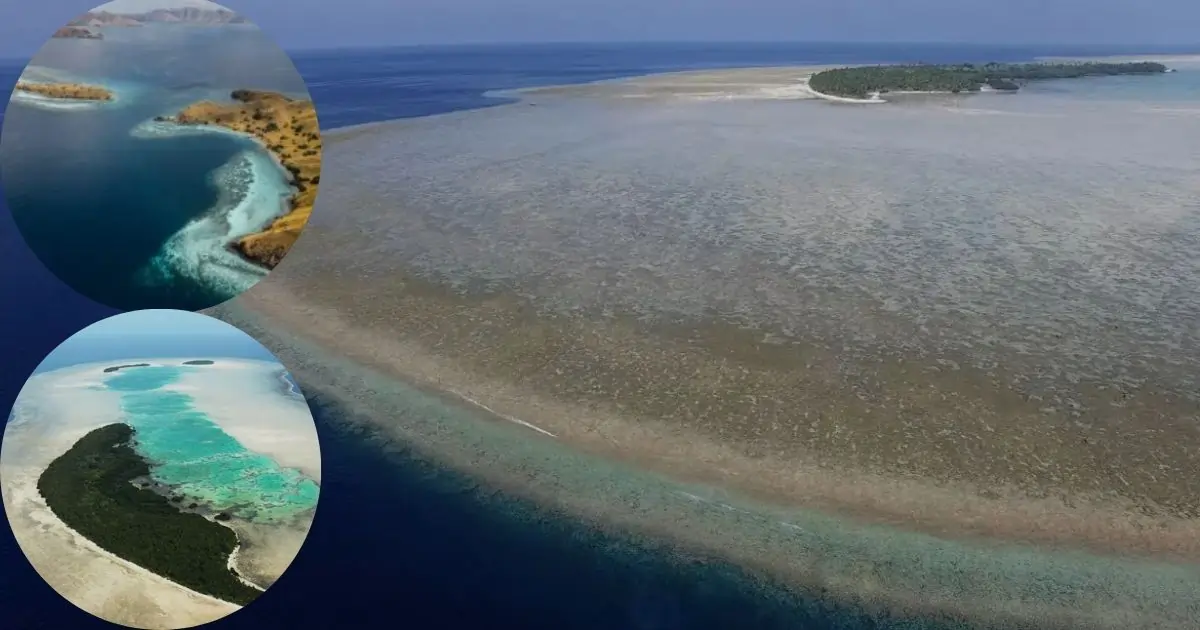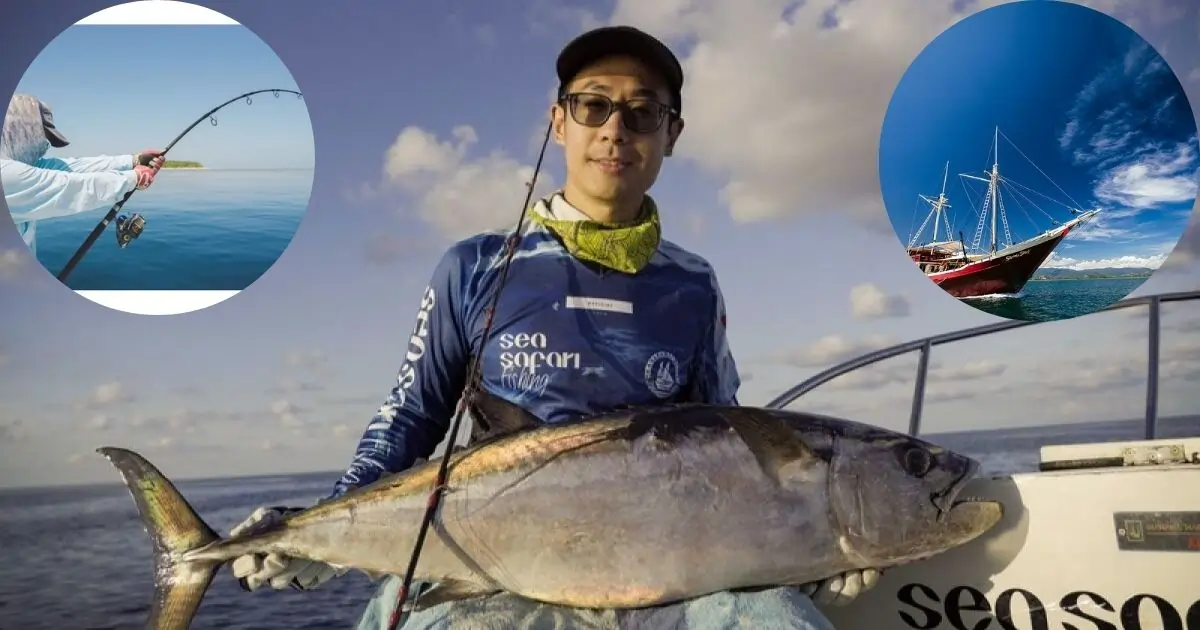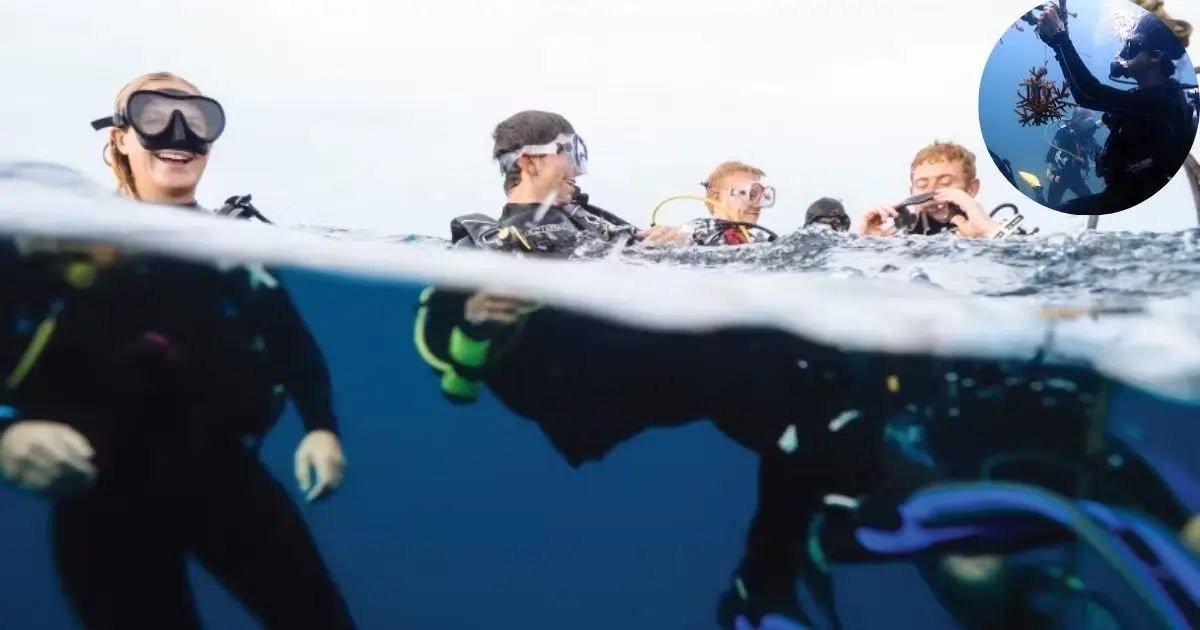The Lucipara Islands are a remote atoll in Indonesia’s Maluku Province, located about 50 km west of the Penyu Islands in the Banda Sea. This archipelago is famous for pristine beaches, rich marine biodiversity, and sea turtle nesting grounds, making it a hidden gem for divers, eco-tourists, and marine researchers.
In this guide, we’ll cover the islands’ geography, ecological importance, historical significance, tourism opportunities, conservation efforts, and visitor tips to provide a comprehensive, user-friendly overview.
Islands of the Lucipara Atoll
The Lucipara Atoll comprises three main islands:
- Pulau Selatan – The southernmost island, known for white-sand beaches, crystal-clear waters, and scenic landscapes.
- Pulau Kaurangka – Features vibrant coral reefs, steep drop-offs, and abundant marine life, perfect for diving enthusiasts.
- Pulau Mai – Historically inhabited, with former residents occasionally harvesting coconuts. A lighthouse is maintained by government staff who rotate periodically.
These islands are currently uninhabited, preserving their natural ecosystems and contributing to the islands’ untouched beauty.
Additional Context: The Lucipara Atoll is sometimes considered part of a larger cluster including smaller islets, enhancing its ecological diversity.
Marine Life and Ecological Significance
The Lucipara Islands are a critical habitat for sea turtles, including Green and Hawksbill species, which nest on the beaches.
Highlights of the marine ecosystem:
- Coral Reefs – Vibrant coral walls, barrel sponges, and reef fish diversity
- Pelagic Species – Tuna, barracuda, trevallies, and seasonal sightings of whales and hammerhead sharks
- Global Importance – Located within the Coral Triangle, the most biodiverse marine region on Earth
The islands are a priority for conservation and sustainable tourism, offering researchers and eco-tourists a chance to witness pristine marine ecosystems.
Historical Background
Despite their remote location, the Lucipara Islands have minor historical significance:
- Early Exploration: Edmund Roberts, an American naval officer, referred to the islands as “Lucepara” in his 1832 journal.
- Shipwreck Incident: Dutch officer François Vincent Henri Antoine de Stuers was shipwrecked in 1837, later receiving recognition for his bravery.
These historical notes illustrate the islands’ role in early maritime navigation and shipping routes.
Accessibility and Tourism
The Lucipara Islands are extremely remote, making them ideal for adventure and eco-tourism:
- Distance: ~100 nautical miles from the nearest settlement, 110 nautical miles from Ambon
- Inhabitation: Only the lighthouse staff are present occasionally
- Travel: Access typically via liveaboard dive boats or research vessels during calm dry-season months (April–October)
The islands’ remoteness ensures a pristine environment and provides a unique opportunity for eco-tourists and divers to experience untouched marine life.
Top 5 Things to Do on Lucipara Islands
Even with limited facilities, the islands offer unique activities:
- Scuba Diving & Snorkeling

foxbusinessmarkets.com - Explore pristine coral reefs and vertical drop-offs
- Spot colorful reef fish, pelagic species, and rare marine life
- Sea Turtle Watching

foxbusinessmarkets.com - Observe nesting Green and Hawksbill turtles
- Learn about conservation and seasonal breeding cycles
- Beach Exploration & Photography

foxbusinessmarkets.com - Capture deserted white-sand beaches and turquoise waters
- Drone photography for breathtaking aerial shots
- Boat Excursions

foxbusinessmarkets.com - Multi-day liveaboard trips from Ambon or Banda Islands
- Combine diving, snorkeling, and eco-adventure in remote waters
- Marine Research & Conservation Volunteering

foxbusinessmarkets.com - Participate in ecological surveys and MPA initiatives
- Gain hands-on experience in marine biodiversity protection
Conservation and Marine Protected Area (MPA) Efforts
Protecting the Lucipara Islands’ ecosystems is a priority:
- Official Recognition: Maluku Province designated the islands as a marine conservation area in 2018.
- Ongoing MPA Development: Coral Triangle Center (CTC) conducted ecological and socio-economic surveys in 2021 to guide MPA zoning.
- Key Objectives: Protect sea turtle nesting grounds, preserve coral reefs, and reduce threats from destructive fishing, marine debris, and plastics
Visitors are encouraged to follow conservation rules, avoid disturbing wildlife, and support eco-friendly tourism.
Visual Highlights
The Lucipara Islands offer spectacular visuals above and below water:
- Above Water: White-sand beaches, turquoise lagoons, and untouched landscapes
- Underwater: Coral walls, reef fish, barrel sponges, and pelagic species
- Photography Tips: Use polarizing filters for water clarity and drones for aerial shots
Related Sites and Nearby Destinations
- Penyu Islands: East of Lucipara, rich in marine biodiversity
- Banda Sea: Deep trenches and high marine diversity, seasonal sightings of whales and sharks
- Maluku Islands: Explore nearby Ambon, Seram, and Banda Islands for extended trips
Lucipara Islands FAQs
1. Where exactly are the Lucipara Islands located?
The Lucipara Islands are in Maluku Province, Indonesia, about 50 km west of the Penyu Islands in the Banda Sea. They are a remote atoll system, known for untouched beaches and rich marine biodiversity.
2. Can tourists visit the Lucipara Islands?
Yes, but access is limited. Visitors usually reach the islands via liveaboard dive boats or research vessels from Ambon or nearby Maluku islands, primarily during the dry season (April–October).
3. Are the Lucipara Islands inhabited?
No. The islands are currently uninhabited, except for rotating government staff who maintain the lighthouse on Pulau Mai. This ensures the islands’ ecosystems remain pristine and undisturbed.
4. What activities can I do on the Lucipara Islands?
Visitors can enjoy:
- Scuba diving and snorkeling in vibrant coral reefs
- Sea turtle and wildlife observation
- Beach exploration and photography
- Marine research participation with conservation teams
5. Is Lucipara a protected area?
Yes. The islands were officially recognized as a marine conservation area in 2018 by the Maluku Province government. Ongoing Marine Protected Area (MPA) development protects coral reefs, sea turtles, and the overall ecosystem.
6. What should I know before visiting the islands?
- Bring all necessary supplies, as there are no accommodations
- Travel with experienced guides or liveaboard operators
- Follow conservation guidelines and avoid disturbing wildlife
- Best time to visit: dry season (April–October) for safe seas and clear waters
Visitor Tips and User Guidance
- Best Time to Visit: Dry season (April–October) for calm seas and optimal diving conditions
- Safety Tips: Bring life jackets, experienced guides, and emergency plans
- Sustainable Tourism: Avoid plastic, respect wildlife, follow MPA guidelines
- Preparation: Pack snorkeling gear, underwater cameras, sunscreen, water, and food; limited facilities available
Key Takeaways
- Uninhabited & Pristine: The islands’ isolation ensures minimal human impact
- Ecologically Rich: Vital habitat for sea turtles, coral reefs, and pelagic species
- Remote Eco-Tourism: Offers world-class diving, snorkeling, and research opportunities
- Officially Protected: Designated as a marine conservation area, with ongoing MPA development
Read Also:

